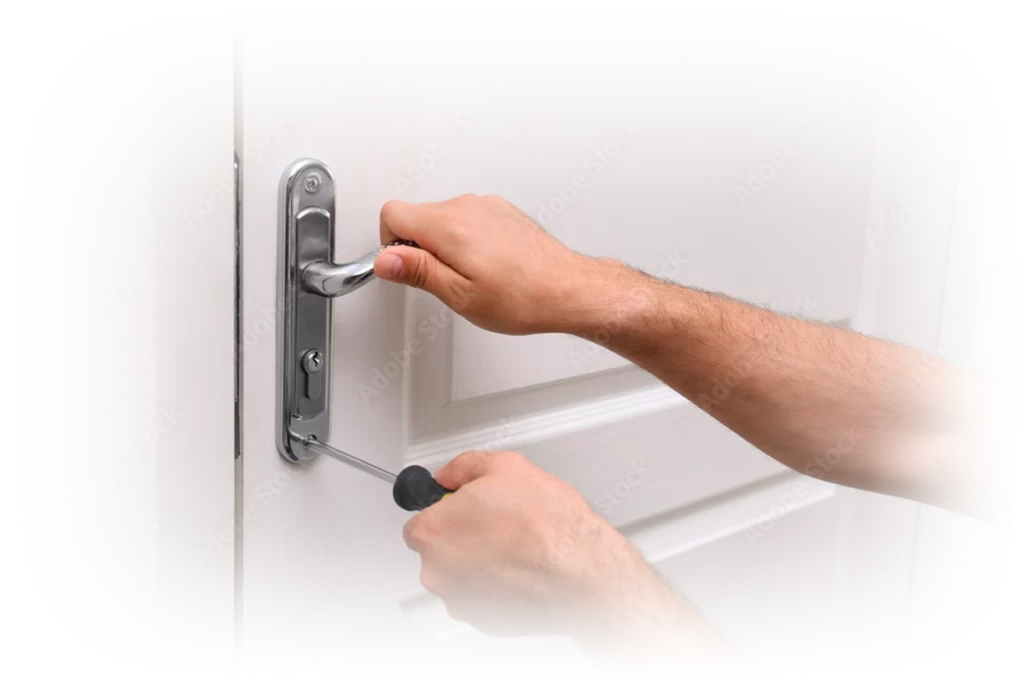Squatters’
As an owner, always try to protect yourself.
As an owner, always try to protect yourself. The best way to do this is become familiar with the regulations regarding and adverse possession what rights squatters have. Also, it could behoove any homeowner to maintain consistent surveillance or inspection of your home. For more information on squatting, visit the resources found in our blog.
Squatters’
The most commonly seen protection the requirement
Squatters’ rights refers to the rights of someone who moves into a vacant home and makes it their residence without the owner’s permission. Another commonly mistaken term for “squatter” is a holdover tenant. These are not the same, as a holdover tenant is someone who lived in a home legally and legitimately, but did not move out after their lease or rental agreement was breeched or was otherwise terminated. You may be thinking, how could this be legal? How could this be any different from trespassing or breaking and entering?.
Often, what may happen is a squatter providing their own documentation to pass themselves off as the property owner, sometimes even using a fake deed! In 2012, just a few years after the housing market crash left over two million home foreclosed and vacant, a study found that 800 million to 900 million people were squatters, over ten percent of the worlds population: so this can happen to anyone, whether it is someone’s vacation home, or a foreclosed home that is owned by the bank.

The most commonly seen protection the requirement for the true homeowner to come forward, reporting the invading individual’s ownership as a fraud with valid proof that they are the true owner (i.e. the deed to the property). This could very well become a legal battle, however, for a few different reasons.
The key difference is that the culprit has “squatted” on an owners property without their knowledge, and the squatter ends up living there for a certain period of time. If, in this period of time, the true owner does not come forward to challenge the adoptive owner, there is generally a state statute that allows for passage of ownership over the property to be awarded to the individual falsely claiming to own the property. These statutes differ depending upon which state you’re and some states may not even have this type of statute. Although, there is usually a route for the squatter to gain ownership of home.




